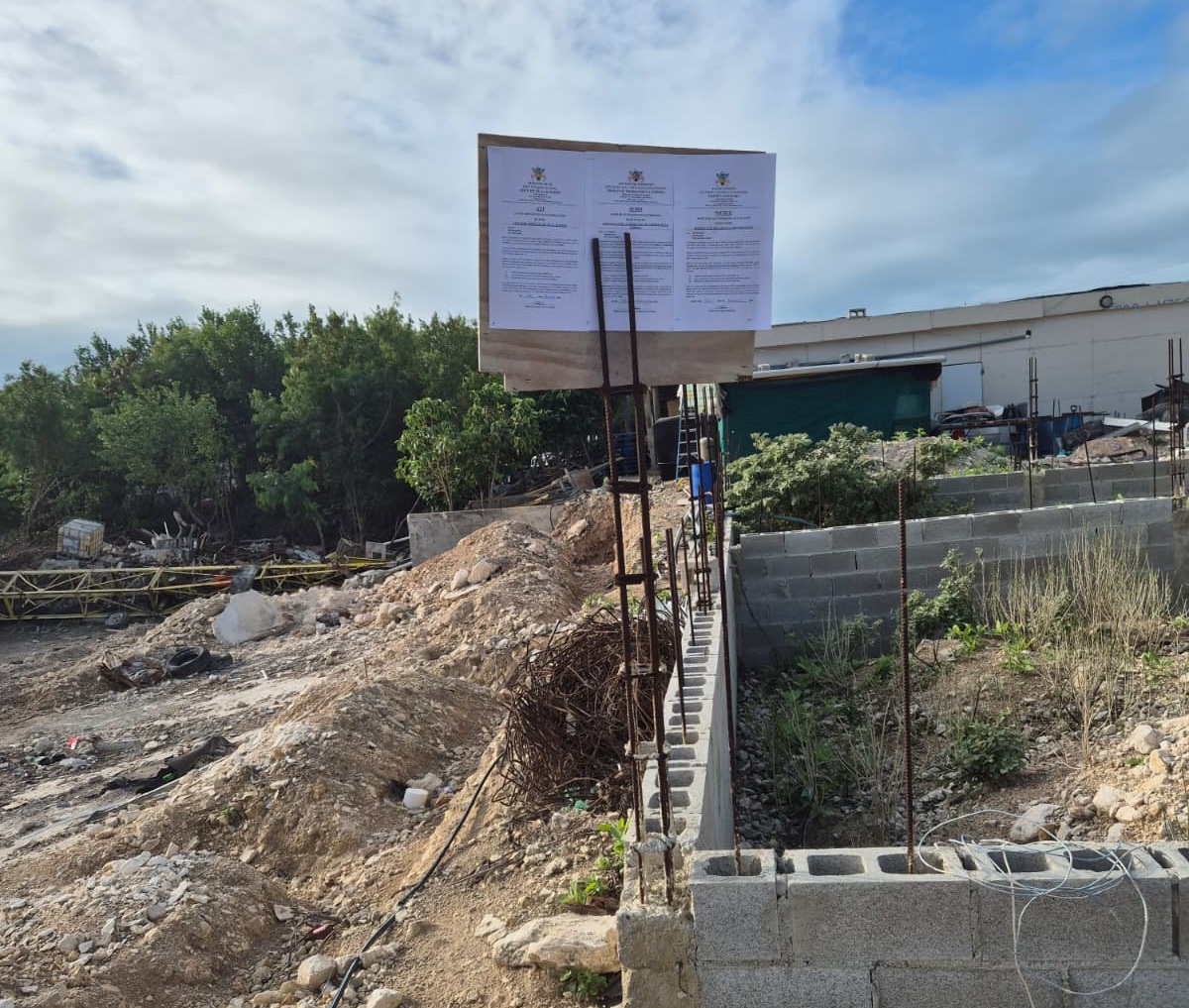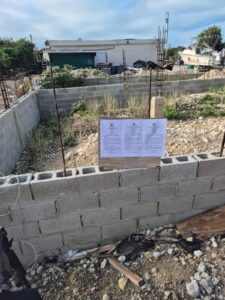Turks and Caicos, March 7, 2025 – What was meant to be a joyful birthday celebration turned into a devastating tragedy when 44-year-old Vanlyn Shim, also known as “Pie,” was swept away by strong waves while snorkeling.
His mother, Joydie Rankin, along with other family members and eyewitnesses, recounted the harrowing experience to Eagle Legal News and RTC’s Zoya Faessler.
According to the mother and family, Vanlyn was enjoying the waters when a sudden wave pulled him under. Joydie, witnessing the incident, immediately called emergency services.
While waiting for authorities to arrive, another powerful swell revealed his body in the water. Eventually, the waves carried him back up. This was some 20 minutes later, where he was unresponsive until the ambulance arrived.
In a moment of desperation, Ms. Rankin touched her son’s ankle and miraculously felt a faint pulse. She urged the emergency responders to rush him to the hospital.
They then pronounced him dead at 2 p.m., his condition took a momentary turn when doctors, at her insistence, checked once more and detected a pulse.
However, despite brief signs of life, he ultimately passed away.
Joydie was forced to endure a grueling 13-hour wait for an air ambulance to transport her son for further treatment, but by then, it was too late.
The Tragic Sequence of Events
Vanlyn’s birthday began as a fun outing at the beach, where he was teaching others how to swim and snorkel. Panic set in when the individuals he had been instructing made it safely back to shore, but he was nowhere to be found.
It is believed that he suffered a seizure or blacked out, causing him to lose consciousness and drift further out with the tide.
His mother, desperate and praying on the shore, spotted him and called out to his brother, 07 who was in the water. Michael, a former police officer of the Royal Turks and Caicos Islands Police Force, attempted to reach him, but another wave pulled him back under. He said he was so close to him, probably about 5 or 6 feet, and just how he reached for him, the wave grabbed him, and they lost him again.
As he and others frantically searched the water, emergency services were contacted, though some struggled to get through to 911.
After 20 agonizing minutes, his mother and bystanders spotted him again, and a group of people dove in to rescue him. Upon arrival at the hospital, Vanlyn was unconscious, unresponsive, and barely had a pulse.
Doctors initially managed to resuscitate him, but his condition quickly deteriorated. At one point, medical staff began discussing the need for a transfer to either Jamaica or the Cayman Islands. His mother preferred the Cayman Islands due to her familiarity with the island as she lived there before coming to Turks and Caicos many years ago and the presence of family. However, he continued to suffer multiple episodes of losing vital signs—five times in total.
In one devastating moment, doctors informed Joydie that her son had passed away.
Distraught, she went in to kiss her child goodbye, and as she did, she felt a pulse on his arm. Michael, who was in the room, also noticed a pulse in his neck. Medical staff rushed in and successfully resuscitated Vanlyn once again, but his condition remained critical.
The Struggle for Medical Transfer
Joydie, desperate to expedite the transfer, asked doctors about the referral process. To her shock, she was told that no action had yet been taken. Furious but composed, she insisted on immediate action. However, additional obstacles emerged. The air ambulance would be unable to land due to a lack of available ground handlers.
Furthermore, delays in the approval process with the National Health Insurance Plan (NHIP) created further complications. At one point, officials claimed that Vanlyn did not qualify for the medical transfer—a decision that deeply frustrated his mother.
Calls for Accountability
Eagle Legal News is now investigating potential negligence by both the hospital and NHIP.
Despite her immense grief, Joydie expressed her gratitude that her son’s body was not lost to the sea. She remains heartbroken but resolute in seeking answers regarding the inefficiencies and apparent negligence that made an already traumatic experience even worse.
This incident raises serious concerns about emergency response protocols, medical transfer procedures, and the overall effectiveness of NHIP in handling life-threatening situations.
For now, Joydie is left mourning while also considering fighting for justice, hoping that no other family will have to endure the same distressing ordeal.
Ms. Rankin and family would love to express public thanks to all who did their endeavor best and assisted them in trying to save her son especially Sharrad Smith, Frankie Virgil and Doug Fenimore.
Contact: 1-649–3407


 Bahamas News1 week ago
Bahamas News1 week ago
 Bahamas News1 week ago
Bahamas News1 week ago
 Health1 week ago
Health1 week ago
 News5 days ago
News5 days ago
 Caribbean News20 hours ago
Caribbean News20 hours ago























